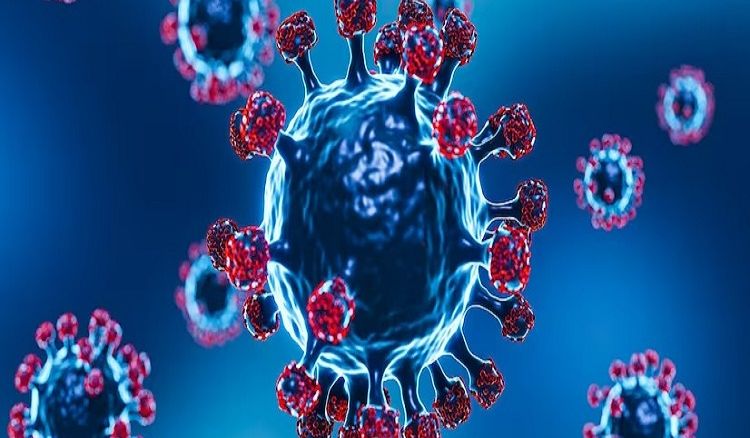The ominous shadow of the aftereffects of the COVID-19 pandemic continues to linger, casting a new wave of fear across many lives worldwide. One Indian citizen recently faced the brunt of this fear.
It has been reported that a new variant of the coronavirus, identified as JN.1, has surfaced in India. The first case of this variant was detected in Kerala, where the Indian SARS-CoV-2 Genomics Consortium (INSACOG) is closely monitoring the situation.
Last Saturday, Dr. Rajiv Behl, the Director-General of the Indian Council of Medical Research (ICMR), revealed that a positive case of the JN-1 variant was found in a sample from Kanyakumari district, Kerala, on December 8. The patient, a 79-year-old woman, displayed mild flu-like symptoms and tested positive, but has since fully recovered.
The JN.1 COVID-19 variant is spreading globally, often showing mild symptoms in most cases. However, a significant number of individuals, even with mild symptoms, are recovering without the need for intense medical intervention.
Nevertheless, ignoring the JN.1 variant entirely would be unwise. Comprehensive information about this variant is crucial.
Today, we will delve into all aspects of the JN.1 variant—
It is noted that the JN.1 variant is spreading globally, and it belongs to the Pirola lineage (BA.2.86). Earlier, this sub variant was identified in a tourist in Singapore, prompting health authorities to remain vigilant against its potential impact.
While it was first confirmed in Luxembourg, it has since spread to various countries, including the United States, China, England, Iceland, Spain, Portugal, and the Netherlands. Now, India joins the list.
Despite being a part of the BA.2.86 lineage, the JN.1 variant has unique characteristics. Scientists claim that the current COVID vaccines, designed to neutralize the virus's spike protein, should ideally be effective against this variant. However, the worrisome trait of this new variant lies in its ability to mutate through the spike protein.
How can you recognize if you are infected with the JN.1 variant?
Common symptoms include fever, cold, sore throat, headache, and mild gastrointestinal issues. In many cases, the signs are subtle, allowing patients to recover at home without extensive medical intervention, emphasizing the importance of early detection.
 বাংলায় পড়ুন
বাংলায় পড়ুন














